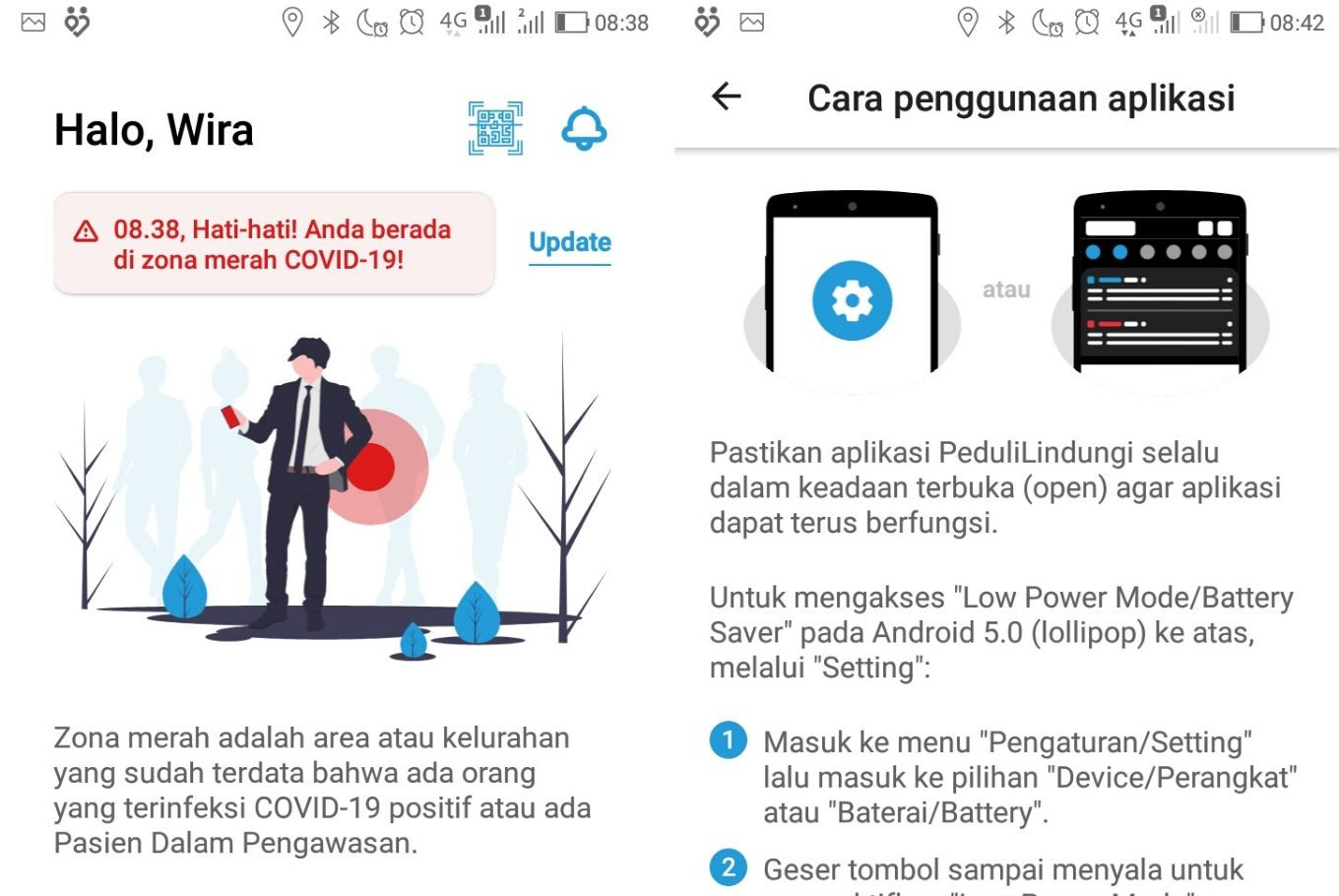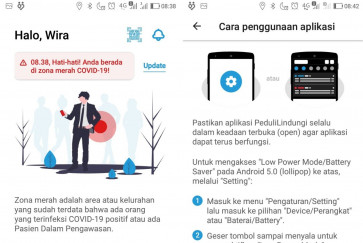Popular Reads
Top Results
Can't find what you're looking for?
View all search resultsPopular Reads
Top Results
Can't find what you're looking for?
View all search resultsRegulatory sandbox for health technology in Indonesia
Rather than forcing burdensome compliance lists on start-ups, regulatory sandboxes encourage and foster innovation based on lessons from real-life practice.
Change text size
Gift Premium Articles
to Anyone
R
ecent data leaks from the PeduliLindungi and now-defunct electronic Health Alert Card (eHAC) applications have exposed cybersecurity risks to health records in the digital space, and therefore the adoption of a regulatory sandbox in technology-enabled healthcare (healthtech) services could help address this weakness by fostering innovation to improve security in the sector.
Indonesia’s booming digital health is unlocking numerous societal benefits. Teleconsultation services, for example, increase efficiency, put downward pressure on prices and offer easy access to health services. The sector is rapidly growing and it is estimated to reap revenue of US$973 million by 2023.
However, as with other digital services, it faces challenges in guaranteeing data privacy and data security. Innovation is central to overcome these challenges, and regulatory sandboxes may help provide an ecosystem that allows disruptive innovation to materialize.
A regulatory sandbox is a setting where innovators are given a supervised space to experiment and live test their services and products in the real market with limited real consumers for a certain period. The supervisor will afterward evaluate whether the innovations meet a certain standard, typically with regard to data and transaction security, risk management and business model, before they are given a license to fully operate.
The use of regulatory sandboxes originates in the fintech sector. In Indonesia, Bank Indonesia (BI) and the Financial Services Authority (OJK) pioneered the approach through BI Regulation No. 19/12/PBI/2017 and OJK Regulation No. 13 /POJK.02/2018. According to the latter, fintech providers are given one year to pilot their innovation over a limited period and receive assessments that determine whether they are permitted to fully operate on a larger scale.
In practice, the design of regulatory sandboxes varies and evolves according to policy needs. In Singapore, for example, a sandbox arrangement is employed to test possible amendments to the country’s Personal Data Protection Act.
More progressively, Malaysia launched the National Technology and Innovation Sandbox (NTIS) in June 2020 as a part of its broad economic recovery plan. Through the NTIS, businesses from various sectors are encouraged to innovate and adapt to the post-pandemic new normal. Ongoing projects under this scheme include the use of robots in farms and hospitals.


















